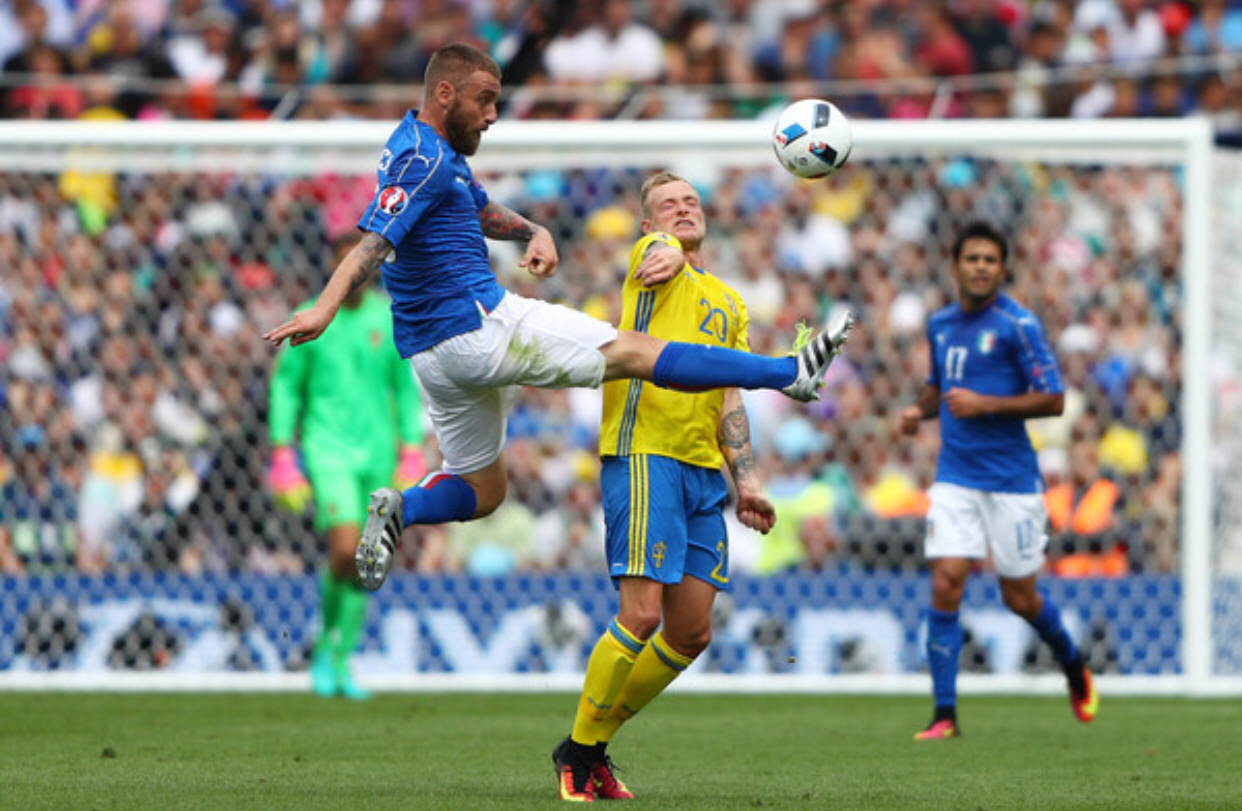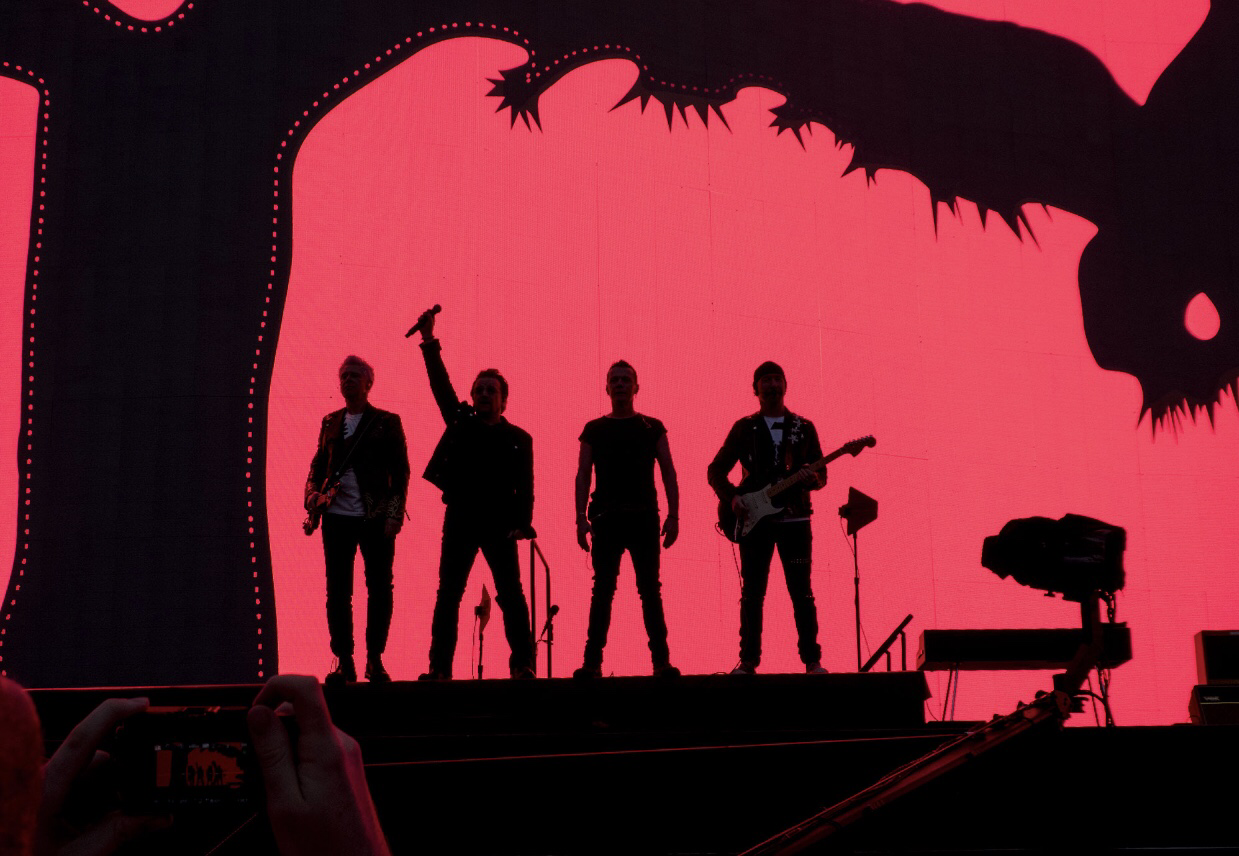A while ago, we in KGH presented a new search engine for EU Custom’s legislation, the Union Customs Code (UCC). This is a very sophisticated tool that makes the extremely complicated legislation of the EU Customs Union easier to understand and easier to access.

We all know what modern search engines like Google and Yahoo has done for our ability to find information on the Internet. Many of us remember what is what as if before these search engines existed.

Now there is a similar search engine and tool available for the EU UCC Customs legislation. However, UCC Navigator is more than that; the tool also connects the complicated structure of the legislation making it possible to easily navigate through all parts of the legal structure. If you want to know, all there is to know about a specific thing from a legal or procedural point of view, like transit or customs warehousing, then UCCN will do that for you in seconds. I promise you that you have never seen anything like UCCN before. If you want to try it or if you want to know, more you are welcome to contact me or my good friend and colleague Professor David Widdowson who is managing and operating the system.
This is the year. It is 30 years ago since the best rock album ever made was released.
It was the fifth studio album by Irish rock band U2, produced by Daniel Lanois and Brian Eno, and released on 9 March on Island Records.
The album is influenced by American and Irish roots music, and through sociopolitically conscious lyrics embellished with spiritual imagery, it contrasts the group’s antipathy for the “real America” with their fascination with the “mythical America”.
So U2 dexoded to go on tour to celebrate this landmark album in the history of modern music. This year the travel the world to play the songs.
Inspired by American tour experiences, literature, and politics, U2 chose America as a theme for the record. Recording began in January 1986 in Ireland, and to foster a relaxed, creative atmosphere, the group primarily recorded in two houses. Several events during the sessions helped shape the conscious tone of the album, including the band’s participation in the Conspiracy of Hope benefit concerts for Amnesty International, the death of roadie Greg Carroll, and lead vocalist Bono’s travels to Central America. Recording was completed in November 1986; additional production continued into January 1987. Throughout the sessions, U2 sought a “cinematic” quality for the record, one that would evoke a sense of location, in particular, the open spaces of the United States. They represented this in the sleeve photography depicting them in American desert landscapes.
The album has 11 tracks;
1. “Where the Streets Have No Name” 5:38
2. I Still Haven’t Found What I’m Looking For
3. With or Without You
4. Bullet the Blue Sky
5. Running to Stand Still
6. Red Hill Mining Town
7. In God’s Country
8. Trip Through Your Wires
9. One Tree Hill
10. Exit
11. Mothers of the Disappeared
All these songs are amazing, but my personal favourite is In God’s Country.
On Monday Sweden beat four times world champions Italy out of the next soccer World Cup in Russia. It was a very intense play-off in two games where the players did everything they could to win the games.

After the game the Gli Azzuri superstar and Roma captain, Daniel De Rossi, stopped the Swedish players bus, stepped up on bus, apologized for the Italian players behaviour during the games and congratulated Sweden to the win. What a great sportsman. At a moment when he had played his last game for Italy, retiring from international games and just having lost the opportunity to play another world cup.

This is the same De Rossi who left his World Cup Gold Medal from 2006 in the former team material manager Pietro Lombardi’s coffin.
Some players are bigger than others. Some people are too.










You must be logged in to post a comment.